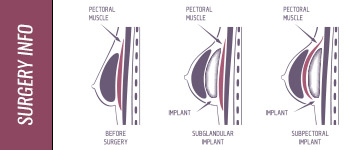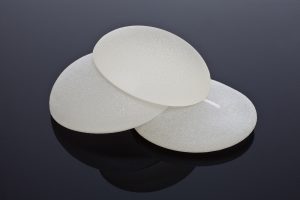Dr. Frederick Lukash, a New York cosmetic surgeon, is having trouble finding a publisher for his book called The Kindest Cut – Teenage Plastic Surgery: Reshaping the Body and Soul. It’s basically what the title says it is. However, the reason the book is having so much trouble finding a publisher is that the subject of teens and cosmetic surgery is still too controversial. Lukash claims this kind of surgery is “quality of life surgery.” And maybe he should know; he has specialized in treating adolescents for over 20 years.
We’ve already delved into teens and cosmetic surgery a couple times here, but one interesting thing Lukash says is that, with teens, it isn’t so much about standing out, like the many adults who decide on cosmetic surgery. It’s about fitting in.
He uses the example of a 14-year-old girl who had drooping breasts like a 60-year-old woman. She wouldn’t participate in PE, go into the shower, or go to camp. But what she did do was start acting out and develop an eating disorder. Many cosmetic surgeons will not perform surgeries on girls as young as 14. They most likely still have a ways to go before they fully develop and an overwhelming majority are not emotionally mature. But tell that to a 14-year-old girl who feels ostracized by peers, can’t stand the sight of her own body, and looks at other 14-year-olds “blossoming” as they should and wonders why she isn’t. Lukash performed a breast lift on her, and her eating disorder vanished.
Opposition
To add to those who have reservations, some, like psychologist Ann Kearney-Cooke, don’t believe that cosmetic surgery should be used as a fix to low self-esteem. She says, “Instead of rushing to the plastic surgeon, let’s help these kids develop skill so they can be effective at handling these situations….” Lukash counters by saying he doesn’t perform procedures on every single unhappy child that walks into his office. He admits it’s not a quick fix to all their problems. He also has consultations with parents and therapists, and often tells the patient they are too young or should talk to a psychologist.
One thing Kearny-Cooke says is that, though kids have always had pressure to fit in, the “focus has switched to appearance and image making.” For those of us who were kids in MTV’s heyday, we respectfully disagree. It didn’t just happen, and appearance and image making have been a part of growing up for decades now.
Many of those who were kids in the early to mid-’80s were picked on mercilessly for their appearance. The difference now is that cosmetic surgery is much more accessible in ways that it wasn’t at that time. Had cosmetic surgery had the exposure that it does these days, otoplasty, male breast reduction, and breast augmentation may have become known vocabulary in the American lexicon long before now.
If you have a child who is suffering because of their physical appearance, speak with doctors and therapists to see what can or should be done. If you are interested in finding out more about how cosmetic surgery may help them, please contact an experienced cosmetic surgeon in your area.





Leave a Reply